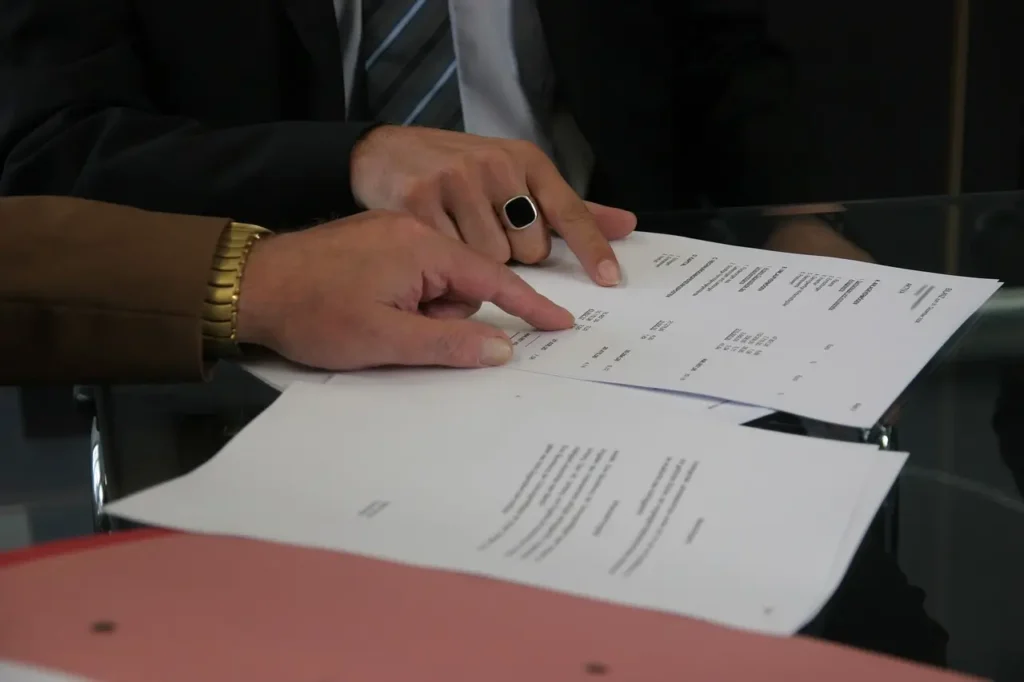Housing contracts can be a minefield, especially when you’re navigating them in a foreign country. Whether you’re a student, an expat, or just someone looking for a temporary place to stay, understanding the fine print is crucial. Confused about tenant rights or rental agreements abroad? This guide is here to demystify the process and ensure you’re well-informed before you sign anything. Get ready to dive into the essentials of housing contracts and tenant rights!
The Importance of Housing Contracts
Housing contracts are essential legal documents that outline the terms and conditions of your tenancy. They protect both the tenant and the landlord by clearly defining responsibilities, rights, and obligations. When you’re abroad, understanding these contracts becomes even more critical to avoid misunderstandings and potential legal issues.
Real-life Example
Imagine you’re an international student in Paris, eager to find a cozy apartment. You come across a charming studio, but the rental contract is in French, full of legal jargon. Knowing what to look for and understanding the local laws can save you from potential pitfalls and ensure a smooth renting experience.
Key Elements of Housing Contracts
Lease Duration
The lease duration specifies the length of time you’ll be renting the property. This could range from a few months for short-term rentals to several years for long-term leases. Ensure you understand the start and end dates and any conditions for renewal or termination.
Rent and Deposits
The contract should clearly state the amount of rent, due dates, and acceptable payment methods. Additionally, it should include details about security deposits, including the amount, conditions for refund, and any deductions that may apply.
Maintenance and Repairs
Understand who is responsible for maintenance and repairs. While landlords typically handle major repairs, tenants might be responsible for minor upkeep. Ensure these responsibilities are clearly outlined to avoid disputes.
Tenant Rights Abroad
Tenant rights can vary significantly from one country to another. It’s crucial to familiarize yourself with the local laws to protect your rights and ensure fair treatment.
Right to a Safe and Habitable Environment
Most countries have laws ensuring tenants have the right to a safe and habitable living environment. This includes access to essential utilities like water, heating, and electricity, as well as structural safety.
Privacy Rights
Tenants generally have the right to privacy, meaning landlords cannot enter the property without proper notice except in emergencies. Understand the notice period required for inspections or repairs.
Protection Against Unfair Evictions
Laws often protect tenants from unfair evictions. Familiarize yourself with the legal eviction process in your host country to ensure your rights are upheld.
Navigating Language Barriers
When dealing with housing contracts in a foreign language, it’s essential to fully understand the document before signing.
Translation Services
Consider hiring a professional translator to review the contract. Many universities and expat communities offer translation services or can recommend reliable professionals.
Bilingual Contracts
Some landlords may provide bilingual contracts. Ensure both versions accurately reflect the terms and seek legal advice if there are discrepancies.
Real-life Example
Think about Sarah, an expat in Tokyo who signed a lease without fully understanding the Japanese terms. She later faced unexpected charges for minor damages that she believed were normal wear and tear. Having a translated contract or legal advice beforehand could have prevented this issue.
Legal Assistance and Resources
Accessing legal assistance and resources can be invaluable when dealing with housing contracts abroad.
Local Tenant Unions
Many countries have tenant unions or associations that offer legal advice and support. Joining these organizations can provide you with resources and guidance tailored to the local rental market.
Legal Aid Services
Legal aid services can offer free or low-cost legal advice. These services can be particularly helpful if you encounter disputes or need to understand complex legal documents.
Tips for Signing a Housing Contract Abroad
Do Your Research
Research the local rental market and tenant laws before signing a contract. Understanding the typical rental practices and legal protections can help you negotiate better terms and avoid common pitfalls.
Ask Questions
Don’t hesitate to ask the landlord or property manager questions about the contract. Clarify any ambiguous terms and ensure you understand your obligations and rights.
Get Everything in Writing
Ensure all agreements and promises made by the landlord are included in the written contract. Verbal agreements can be challenging to enforce legally.
Real-life Example
Consider Tom, who rented an apartment in Berlin. He verbally agreed with his landlord that utilities were included in the rent. Months later, he received a hefty bill for utilities, which wasn’t mentioned in the written contract. This situation highlights the importance of having everything documented.
Conclusion
Understanding housing contracts and tenant rights abroad is crucial for a smooth and trouble-free renting experience. By familiarizing yourself with the key elements of rental agreements, knowing your rights, and seeking appropriate legal assistance, you can protect yourself from potential issues and enjoy your time in a new country. Take the time to research, ask questions, and ensure you fully understand the terms before signing any housing contract.
FAQs
What Should I Look for in a Housing Contract?
Look for key elements such as lease duration, rent and deposit terms, maintenance responsibilities, and clauses regarding termination and renewal. Ensure all terms are clearly defined and understood.
How Can I Protect My Rights as a Tenant Abroad?
Familiarize yourself with local tenant laws, join tenant unions or associations, and seek legal advice if needed. Understanding your rights and responsibilities can help you navigate potential disputes.
What Should I Do If I Don’t Understand the Language of the Contract?
Consider hiring a professional translator or seeking bilingual contracts. Ensure you fully understand the document before signing, and seek legal advice if there are any discrepancies.
Are Verbal Agreements Legally Binding?
Verbal agreements can be challenging to enforce. Always ensure that all agreements and promises made by the landlord are documented in the written contract to protect yourself legally.
Where Can I Find Legal Assistance for Housing Issues Abroad?
Look for local tenant unions, legal aid services, and expat community resources. These organizations can provide valuable support and guidance tailored to the local rental market.



